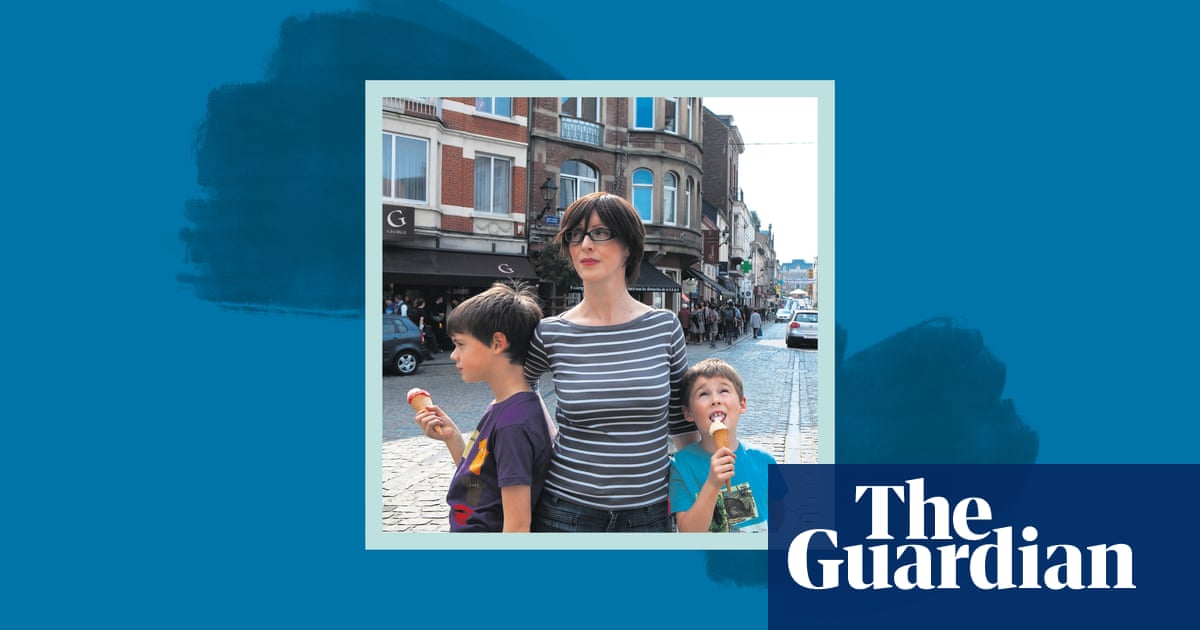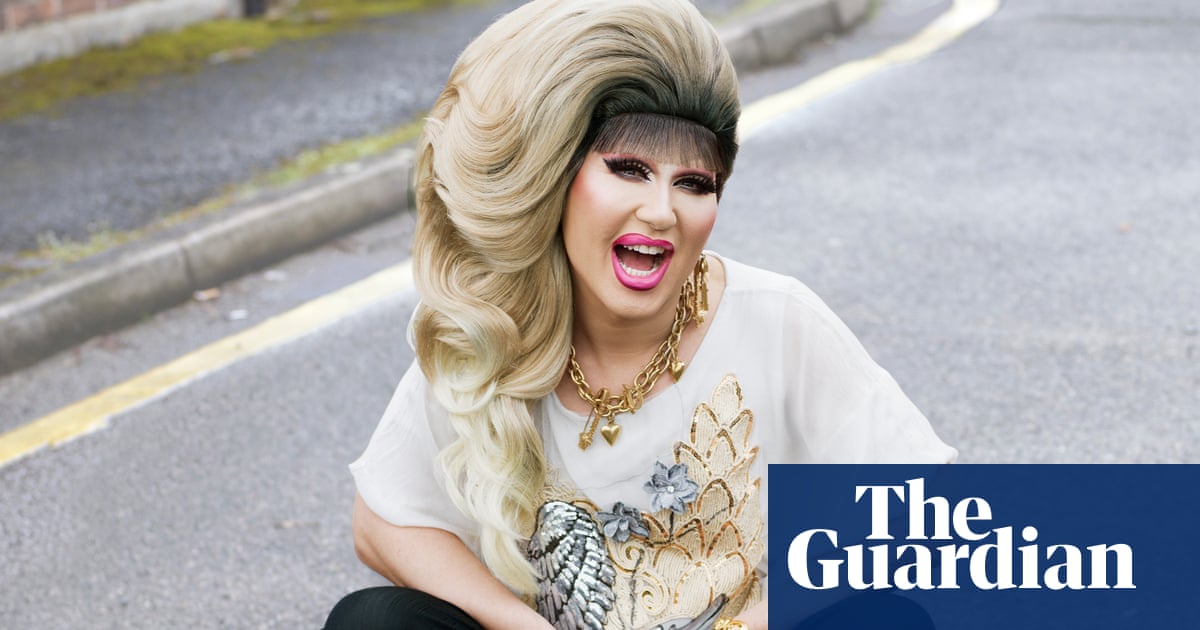
t was perhaps inevitable that I would fall for Placebo. Looking back, they were at the precise intersection of my main teenage interests: arty pretension, goth-glam aesthetics, and beautiful wounded men wearing black eyeliner. God knows what, at 15, I understood of their tales of sadomasochism and ketamine, of doomed romances and seedy underworlds. But their songs – filled with theatrical histrionics, angry guitars and quasi-profound religious imagery – seemed perfect to me.
My teenage years were defined by a succession of intense musical obsessions, during which I would focus on one artist for months at a time. Each era was distinct and all-consuming, characterised by meticulously parsing lyrics and every interview I could find for information that might be helpful in the event of meeting them. For example, after reading that Placebo singer Brian Molko’s favourite drinks were bloody marys, I tried and tried to make myself like them, to no avail. (They only made sense years later, when I got my first real hangover.)
Placebo came in the middle of my teenage musical development: after Backstreet Boys, Oasis and Nirvana, but before David Bowie, PJ Harvey and Nick Cave. My family had moved to Vienna because of my mother’s job, and I felt disconnected from my surroundings and the harsh, alien sounds of German. Music gave me something to escape into and base my identity around. Every day after school, I would go to the local library and borrow album after album, which I would then burn (sorry, library) and sort according to genre on my iPod.
My bible was Q magazine, which I bought religiously every month at the English-language newsagent’s, in the process shaping my musical opinions into those of a thirtysomething British man. I was extremely prescriptive about what constituted good music: guitars and other “real instruments” were allowed, as were literary-minded lyrics and nontraditional voices; electronic music most certainly was not. All of this turned me into the kind of insufferable teenager who would sigh, “It’s Pixies, actually, not ‘the’ Pixies” – or at least would have, had the topic ever come up. It gave me no additional cultural clout or social standing, as everyone else in school had entirely different musical interests. There were the Slipknot and Korn fans, and then there was the popular crowd, who listened to 50 Cent, Eminem and wildly homophobic German hip-hop.
But music taught me about things I wasn’t learning anywhere else: about politics and counterculture and co-optation, about drugs and adult relationships, and about mental health, which was not a conversation anyone was having back then. It was a holistic and seemingly endless education: each artist, in turn, led me down rabbit holes of their own musical influences – Placebo gave me Sonic Youth, MC5 and Nina Simone – as well as their favourite books, films, art and social causes. Even though in terms of experience I was relatively innocent at the time, music allowed me to think of myself as worldly.
Placebo also came at a particularly delicate time in my teenage years. In addition to growing up with a physical disability, I had recently been diagnosed with a rare medical condition that would have far-reaching consequences on my sense of self and womanhood. I was at war with my body, and felt excluded from certain aspects of the female experience; my usual quietness had turned slowly into sullenness. The art of queer men provided a haven. It helped that they were gorgeous and unattainable, but there was something else, too: a suggestion of not belonging, of secret shame, which I related to deeply.
My introduction to this kind of masculinity was through Kurt Cobain – my first and most enduring love – wearing a dress and makeup, which led me to artists such as REM, Bowie and Klaus Nomi. While Cobain was like a god to me, Molko was an avatar of what I imagined my life could be. He was proof that you could be small, awkward, other, and still be worthy of adoration. His complicated nationality was undoubtedly part of the appeal: as a confused British-Italian teenager studying at an international school in Austria, the idea that a Belgian-born, Luxembourg-educated British-American could be a rock star felt liberating, as if I could do anything.
I saw Placebo live once, in May 2003. Soon after, my interest fizzled out and I moved on to the next thing. I haven’t listened to them much since, so I was surprised by what I heard when I revisited them for this article: Nancy Boy’s scuzzy, ferocious rejection of gender norms, the glorious drama of Without You I’m Nothing, the exquisite melodies of Centrefolds, the pop genius of Every You Every Me. Placebo may be consigned to my personal history, but they were ahead of their time: it’s not hard to imagine a teenager today finding the same kind of solace in them that I did.












